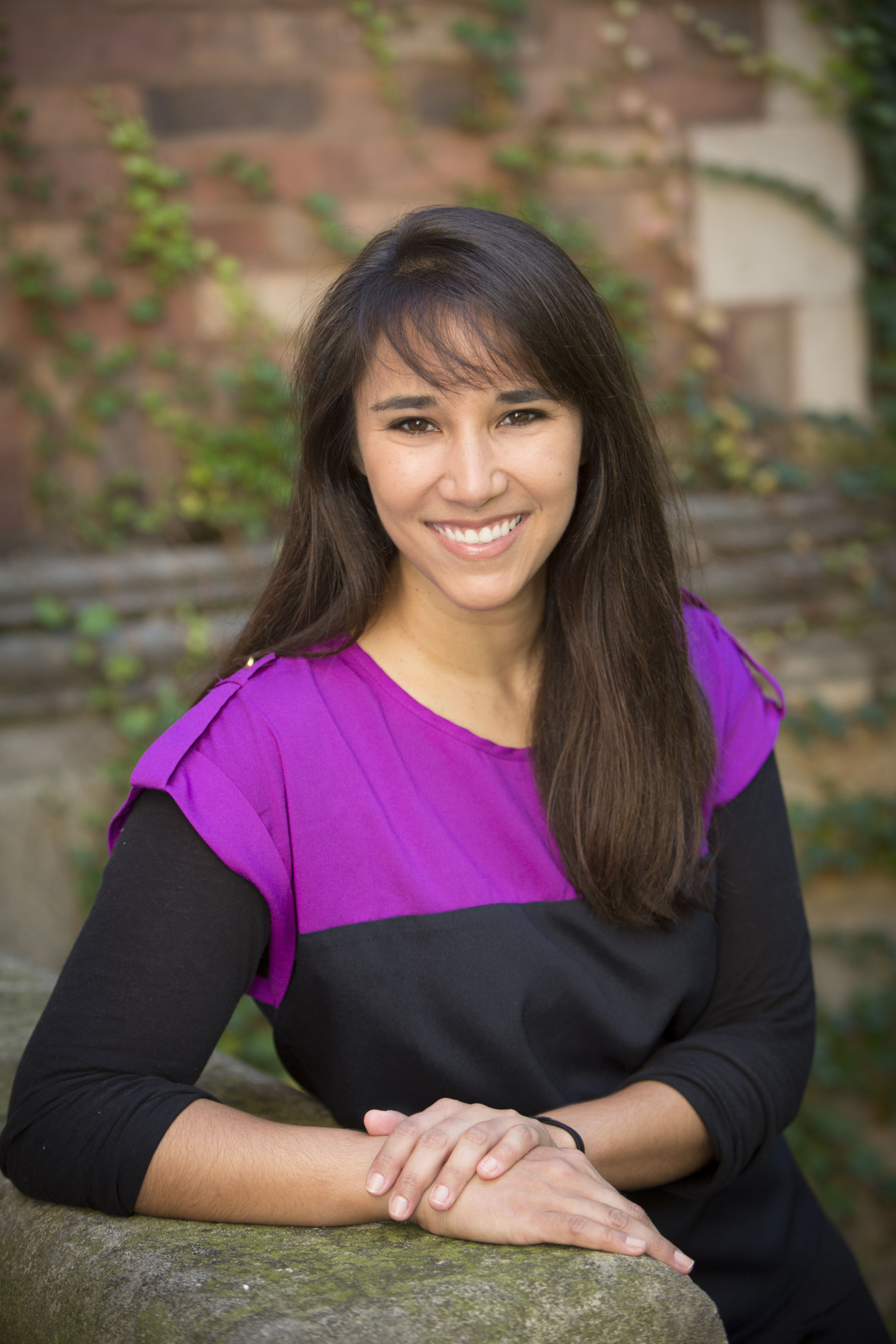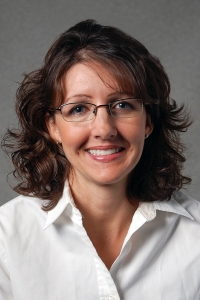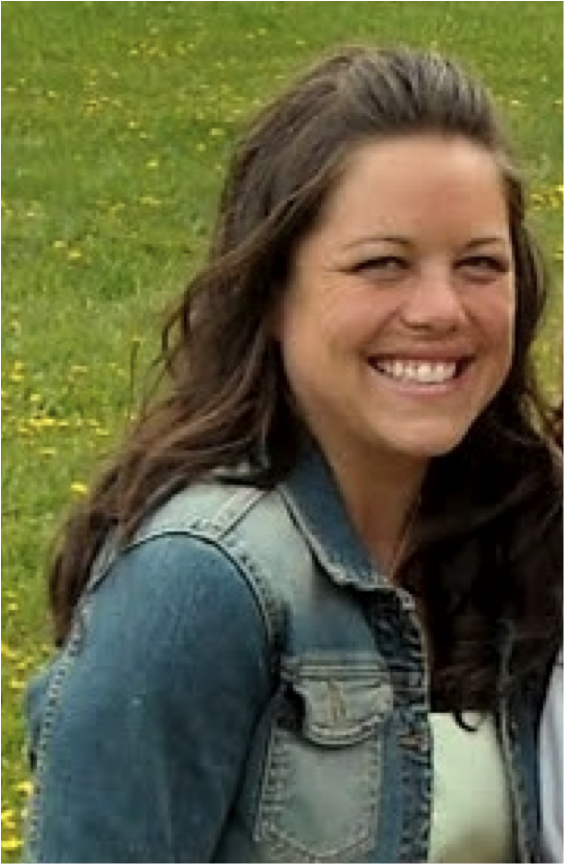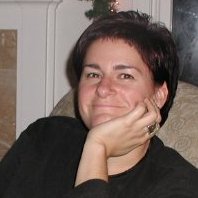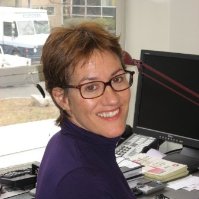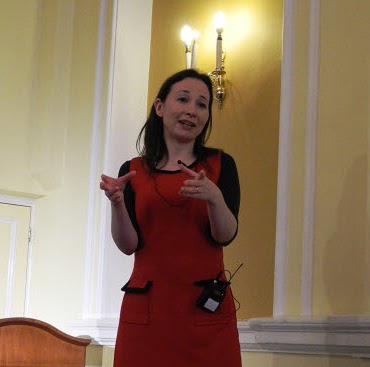[Stories from the Women in Tech Trenches is a series of posts exploring the personal stories of real women in technology. Every woman in tech overcame, at the very least, statistical odds to be here; this blog series aims to find out why, and what they found along the way. This week we met up with Laura Wallendal, Co-Founder and COO of EdTrips. EdTrips is a travel company centered around the school field-trip process and keeping the focus on learning rather than logistics. With a background in languages and art history, Laura found that fusing the tech world with her passions of travel and education could create meaningful strides in the classroom. Laura shows that the tech trenches are not solely relegated to those within the math and science fields. If reading her story inspires you to share yours, please email me.]

I’m the Co-Founder and COO of EdTrips, an edtech and travel company. Originally from Friendship, Wisconsin, I moved to Boston in 2004 and co-founded EdTrips in 2011 after years of experience in the educational travel industry. At EdTrips, I head up strategic partnerships and business development.
Questions:
1. Can you take us back to your “eureka!” moment—a particular instance or event that got you interested in technology?
It wasn’t until after training for my first mud run obstacle course in 2010 that I became interested in solving problems with technology. I wanted a way to coordinate with other people who had the same interest in crazy obstacle course events. That led me to create my first website. At the same time, I was working in the educational travel industry and seeing a lot of ways that things could be done better—for instance, the basic ways in which travel was booked. Solving a problem using technology for my personal interests gave me the confidence to begin tackling those problems I saw in educational travel, and begin seeing that I could start to solve them.
2. Growing up, did you have any preconceived perceptions of the tech world and the kinds of people who lived in it?
No. I wasn’t really exposed to the tech world until I got to college. Growing up in rural Wisconsin, I was one of the first kids in my grade to have a home computer, and our family had internet access before my elementary school even did, so technology wasn’t a focus in the community. Given my tech-sheltered past, I never imagined starting a tech company.
3. You co-founded EdTrips in 2011, and since it’s been a way to integrate technology within the classroom. Can you tell us a little about EdTrips and the company’s overall mission?
EdTrips is a tool to streamline planning and managing school travel. Whether a field trip, overnight trip or overseas trip, EdTrips is an open and flexible platform that decreases the workload for the trip organizer. It handles everything from payment collection to forms, so travelers and educators can focus on learning, not logistics. It’s our mission to make travel a part of everyone’s education.
4. What was the inspiration behind EdTrips?
After working for a large educational travel company, I moved on to do consulting for 3 small travel abroad companies. Doing sales and business development for both large and small companies, it was evident that trip organizers were in need of a solution to help manage travel online, the way individual travelers have so many tools to use. Doing payment collection by hand, managing accounting and recruiting travelers with spreadsheets and inviting people with emails, phone calls and flyers is time consuming and we knew there had to be a better way.
5. What led you to this career path? When did you first start working with tech? Was it by choice?
After realizing the work I was doing with teachers and schools could be done better with technology, I immediately called a friend from college for advice. He recommended I look into building a platform using Ruby and made introductions to several development shops around town to get quotes and find that sweet spot for our Minimum Viable Product. I gave myself a crash course in a new way of thinking and solving problems. I was hooked! It was absolutely by choice and now I could not see myself doing anything else.
6. Did you experience any personal or systemic setbacks at any point of your academic or professional career?
Yes, I have faced both personal and systematic setbacks in my academic and professional career.
When I was in college, my younger sister passed away of Leukemia and my academic career was severely disrupted. I took a semester off and transferred schools to be closer to home and got my higher education back on track.
When it came to looking for a job, like many recent grads, I found it a challenge to find what was right for me. Eventually I landed in sales for an educational travel company and found something I was truly successful at, enjoyed, and found rewarding. I was the top performing sales person on my team, but found the politics a turn-off. I switched teams and eventually decided to leave altogether and work for myself. Continue reading Stories from the WIT Trenches: Laura Wallendal
